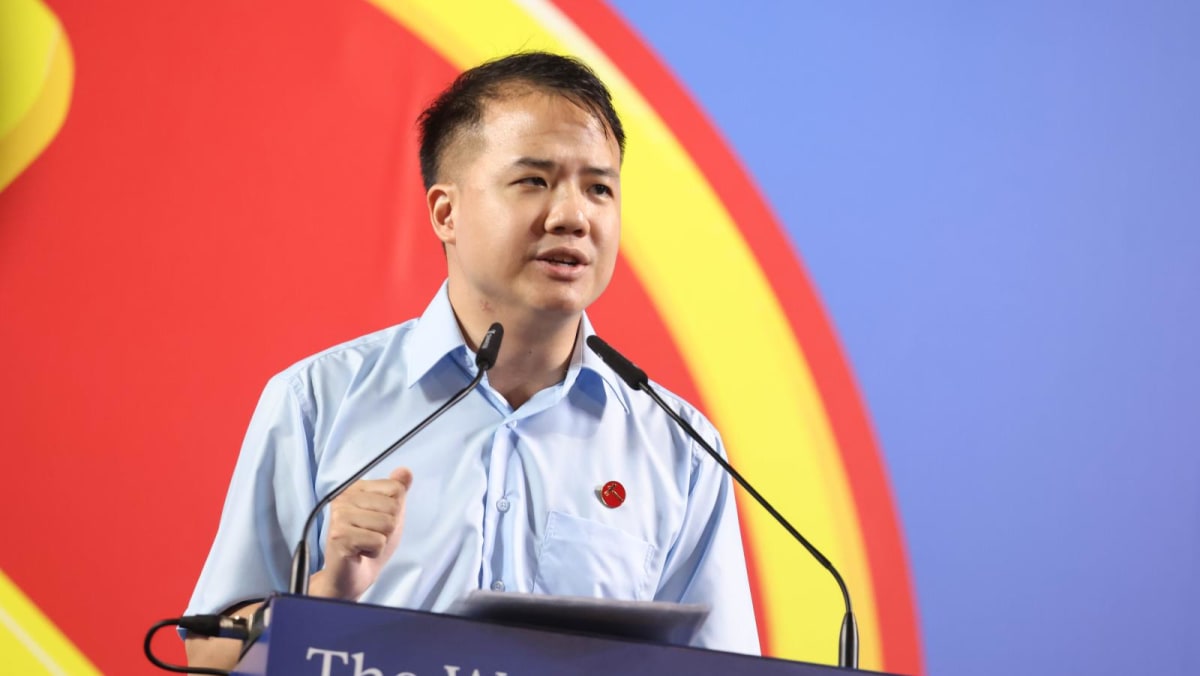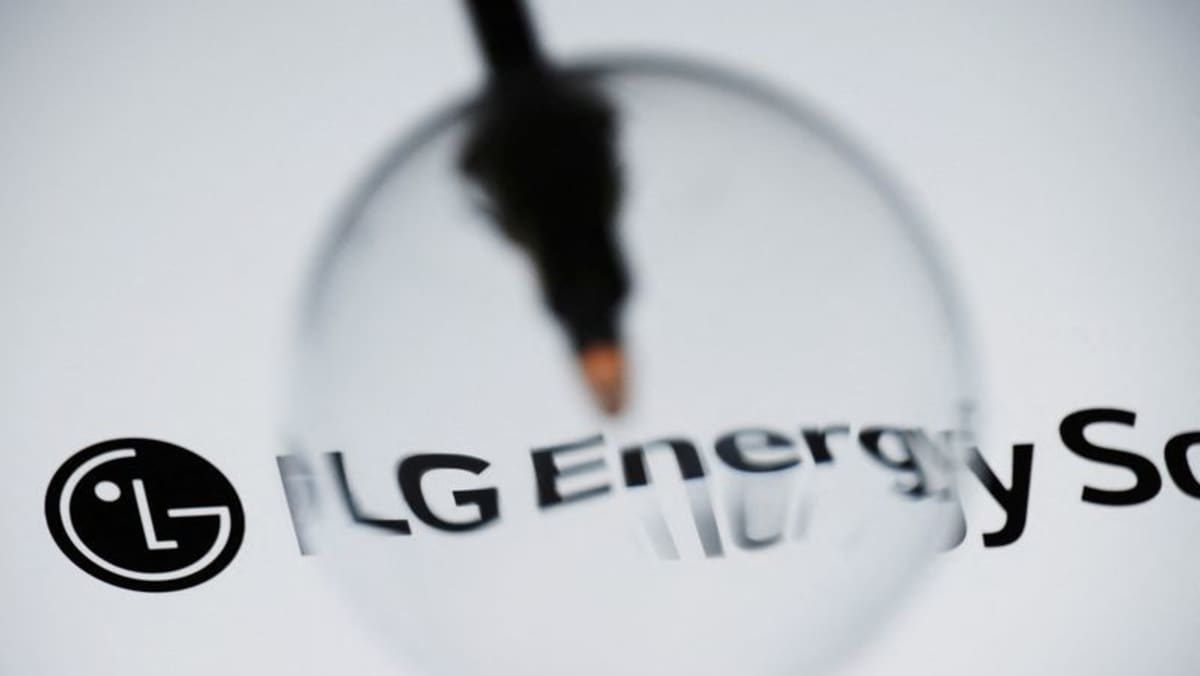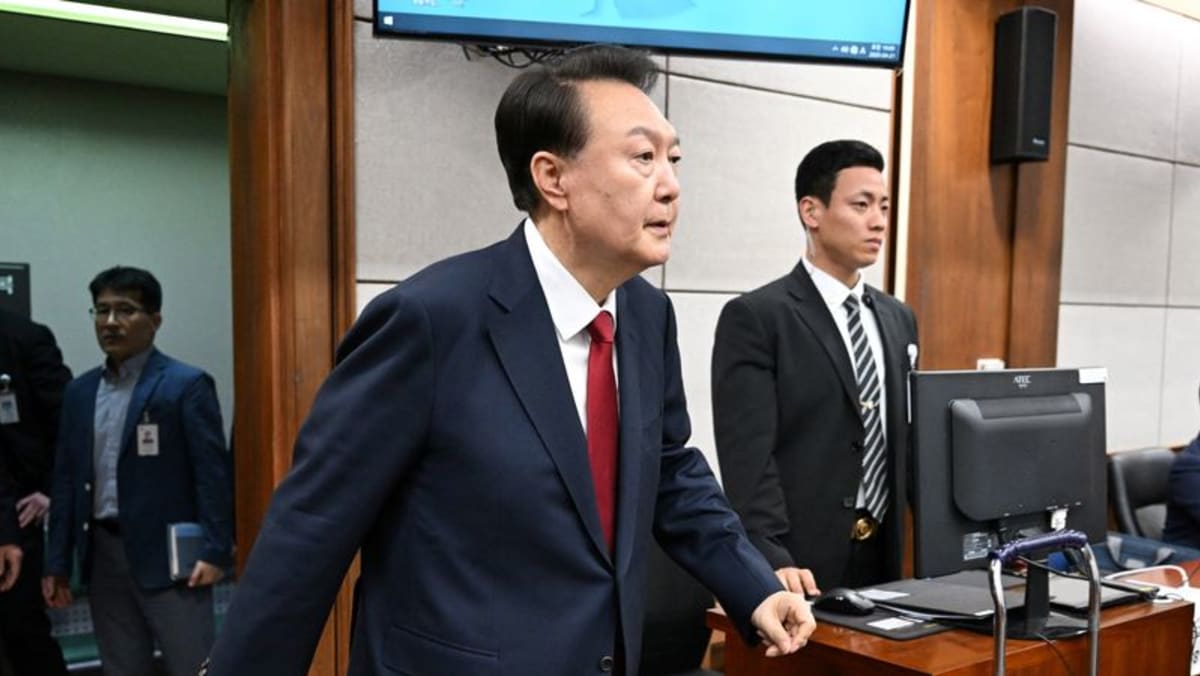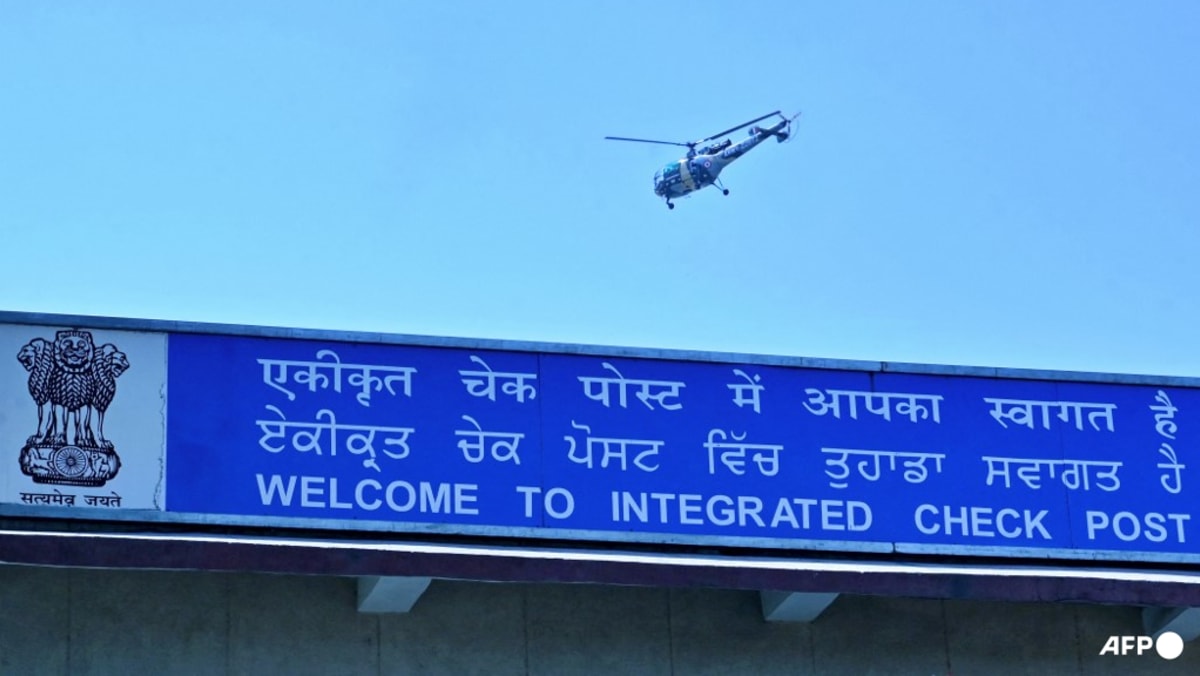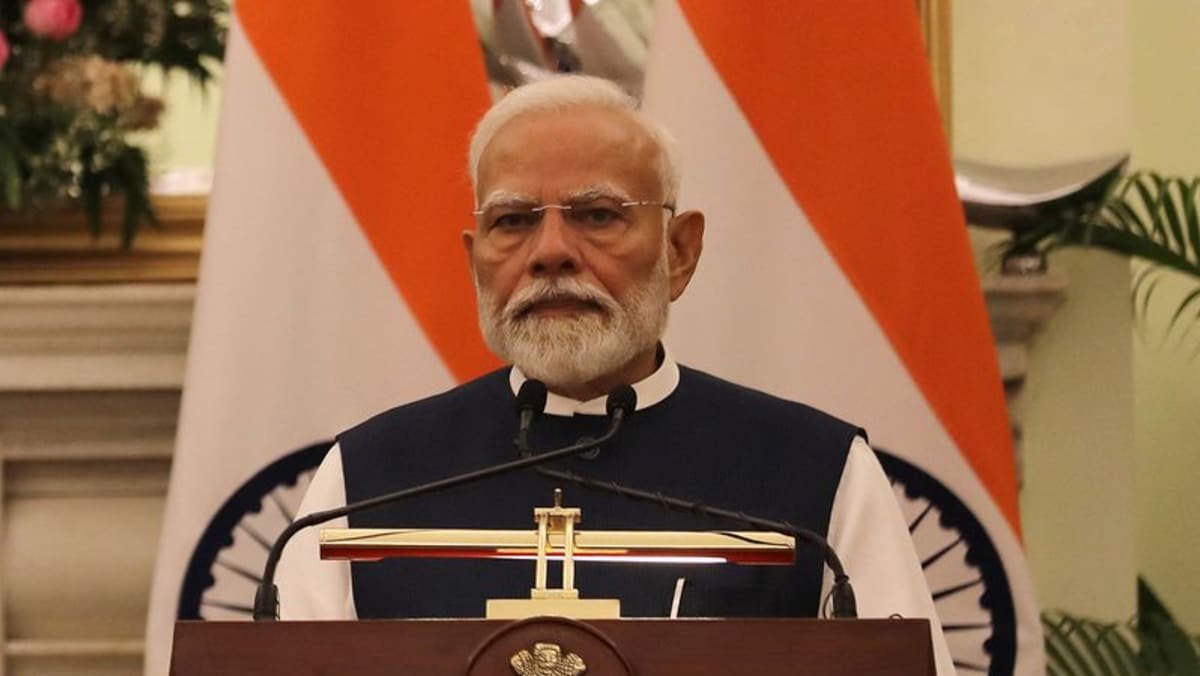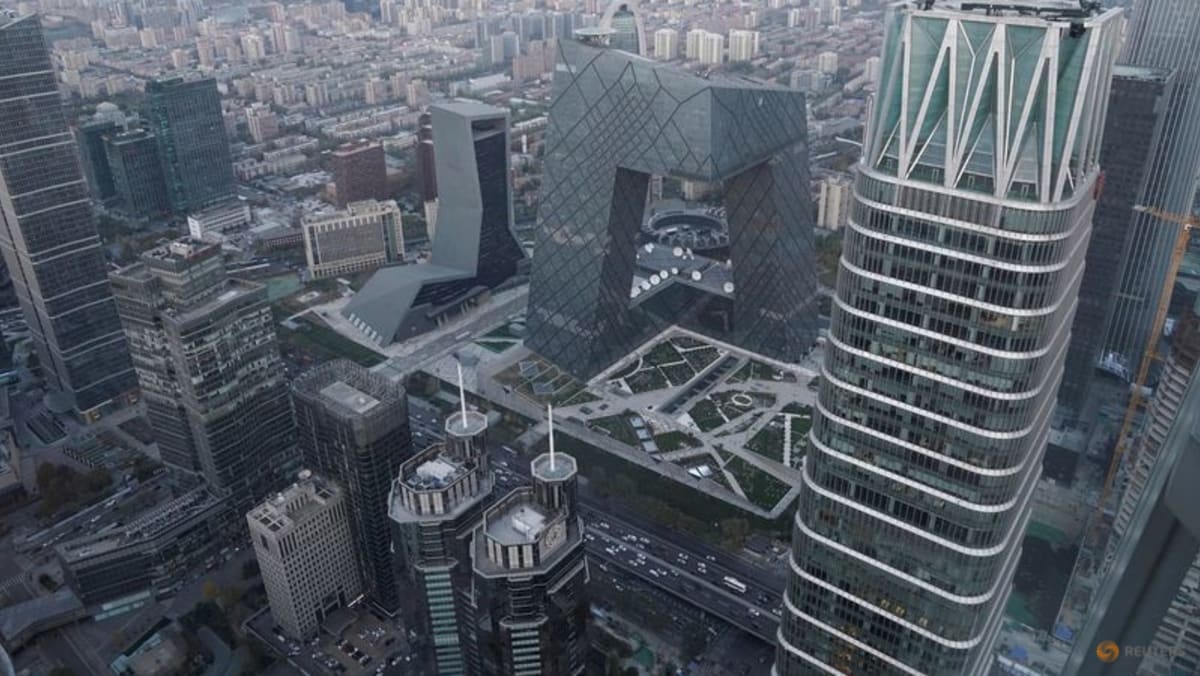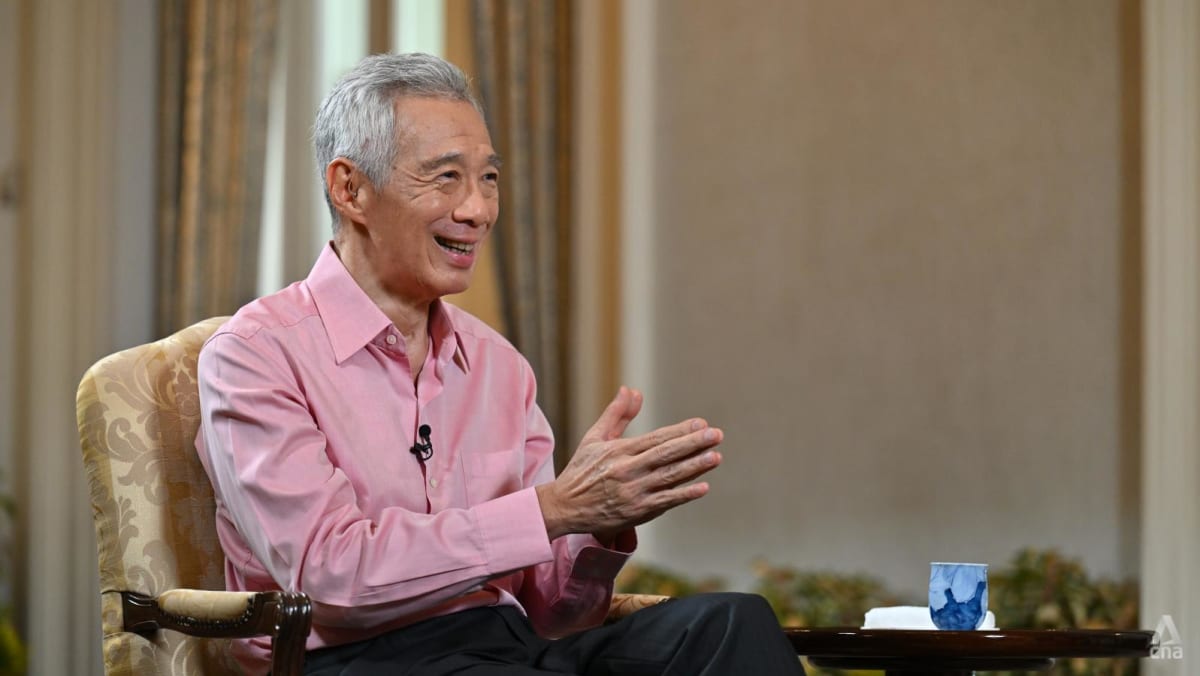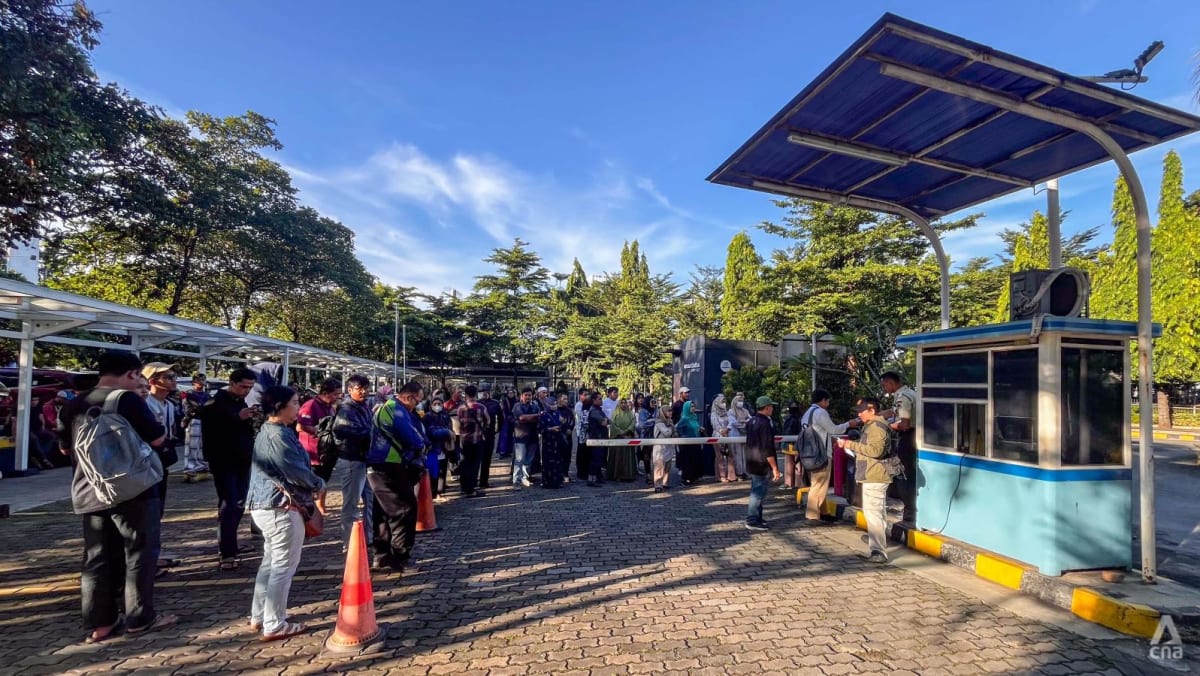SINGAPORE: It’s been close to a decade since the glossy facade of South Korea’s entertainment industry cracked under the weight of tragedy. In 2017, SHINee’s Kim Jong-hyun died by suicide, followed by f(x)’s Sulli and Kara’s Goo Hara in 2019, just six weeks apart.
Each time, there were vigils, urgent calls for reform and vows that things would change. Yet, the cycle of loss continued.
In 2024, Parasite actor Lee Sun-kyun took his own life after facing a storm of media coverage over a drug investigation. Just months ago, in February, actress Kim Sae-ron did the same after years of public and media backlash over her 2022 charge for driving under the influence. Up until her death, her every move was scrutinised and ridiculed both in the press and on social media.
So has anything really changed?
NO ESCAPE FROM DISGRACE
The K-entertainment industry remains an unforgiving space, where celebrities are expected to present and maintain an impossible standard of moral purity. A single misstep can lead to swift and brutal condemnation from the press, fans and the public at large.
Much of this stems from “chemyeon”, the Korean concept of saving face. And to lose face is to lose everything. “Face-saving has been regarded as far more valuable to many Koreans than any other asset, including life itself,” explains Han Seong-yeul, an emeritus psychology professor at Korea University.
But public figures are not average individuals – they are extensions of their agencies, their families and even their countrymen. It’s deeply embedded into K-entertainment that disgrace must be met with absolute consequences, leaving little room for second chances.
